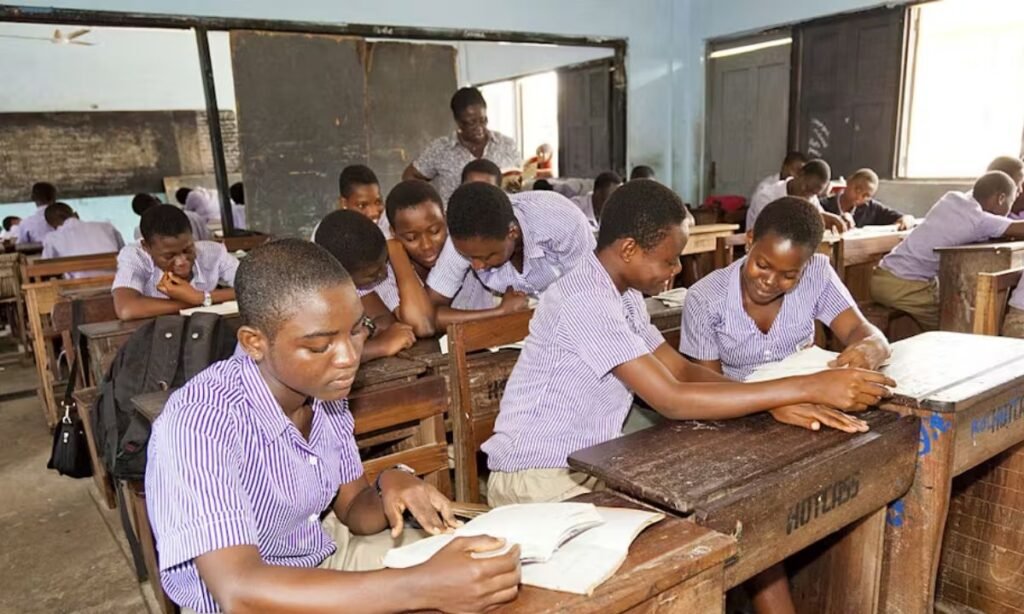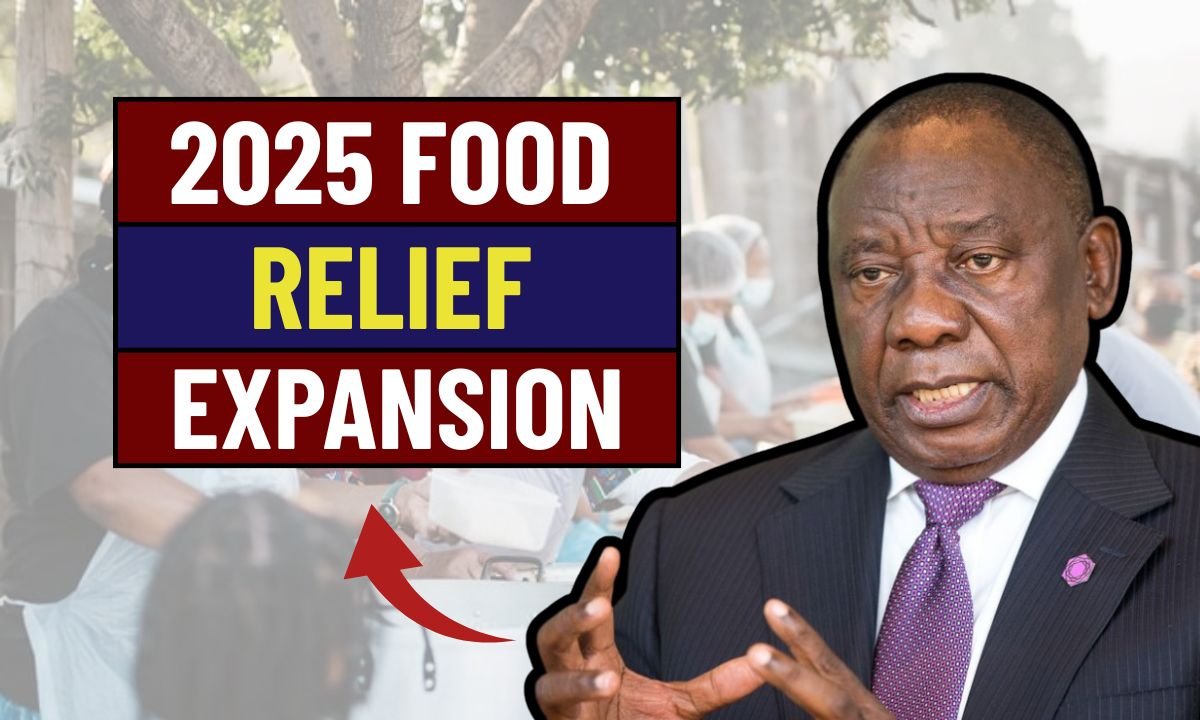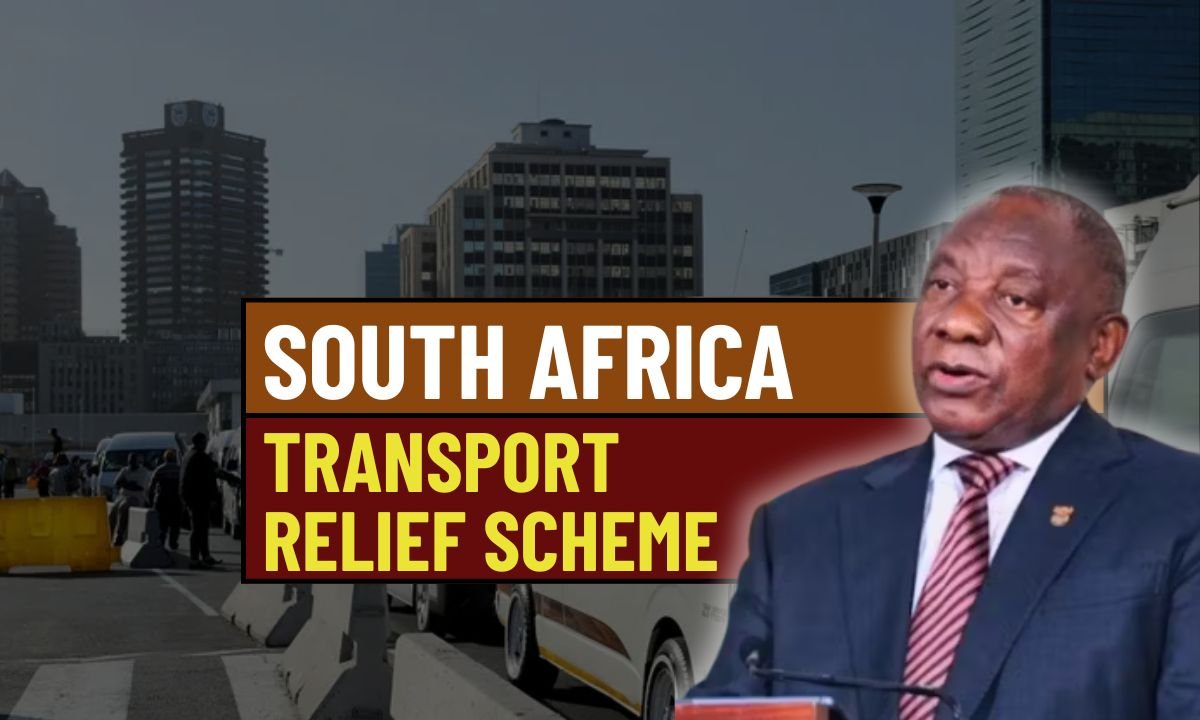With education costs continuing to rise, the South African government has launched a nationwide Free School Essentials Drive starting July 2025. This bold initiative, spearheaded by the Department of Basic Education in collaboration with provincial departments, aims to provide school uniforms, stationery, backpacks, and even digital learning tools to learners from low-income households at no cost. The programme targets over 3 million students and is already being called a game-changer for education access and financial relief for parents who are finding it harder each year to afford even the basics.
Table of Contents
Who Will Benefit From This Programme?
The primary beneficiaries are students in Grades R to 12 attending quintile 1 to 3 public schools, which are considered no-fee institutions serving lower-income communities. To qualify, students must be registered at an eligible school and come from households receiving social grants or classified as indigent. In rural provinces like Limpopo, Eastern Cape, and parts of KwaZulu-Natal, the programme is expected to cover nearly 95% of learners. In urban areas, where the cost of uniforms and textbooks has surged, qualifying families will be identified using means-testing data from SASSA and municipal indigent registers.
What Exactly Is Being Provided to Learners?
Each learner will receive a school-ready pack that includes full uniforms (shirts, trousers or skirts, socks, and shoes), a schoolbag, pens, pencils, exercise books, geometry sets, and in some areas, tablets preloaded with e-learning content. The rollout will be phased, with the first distribution wave starting in July for Grade R to Grade 7, and older students receiving theirs by September 2025. In special focus areas, such as schools affected by past floods or infrastructure challenges, additional items like raincoats and sanitary products will also be distributed. This is more than just a handout it’s an investment in dignity and equal opportunity.
How Is the Government Funding This Massive Rollout?

Funding for the drive comes from a combined pool of R6.4 billion, redirected from underspent infrastructure budgets, education grants, and additional allocations approved in the 2025 Budget Review. The Department of Education has partnered with local manufacturers and co-operatives, creating thousands of short-term jobs to supply and deliver the essentials. This model doesn’t just support learners it also stimulates local economies, especially in garment production and logistics. Education Minister Angie Motshekga described the initiative as “a turning point in our effort to restore the dignity of every child in the classroom.”
What Should Parents and Guardians Do?
Eligible parents do not need to apply individually. Schools are working with local education districts to finalise lists using learner records and household income data. Parents are encouraged to verify their contact information with school administrators to receive SMS notifications about collection times and locations. For learners in remote areas, mobile distribution units and school-based events will be organised to ensure no child is left behind. Parents should also be on the lookout for local volunteer sign-up drives, which are offering stipends for those helping with logistics and data collection.




